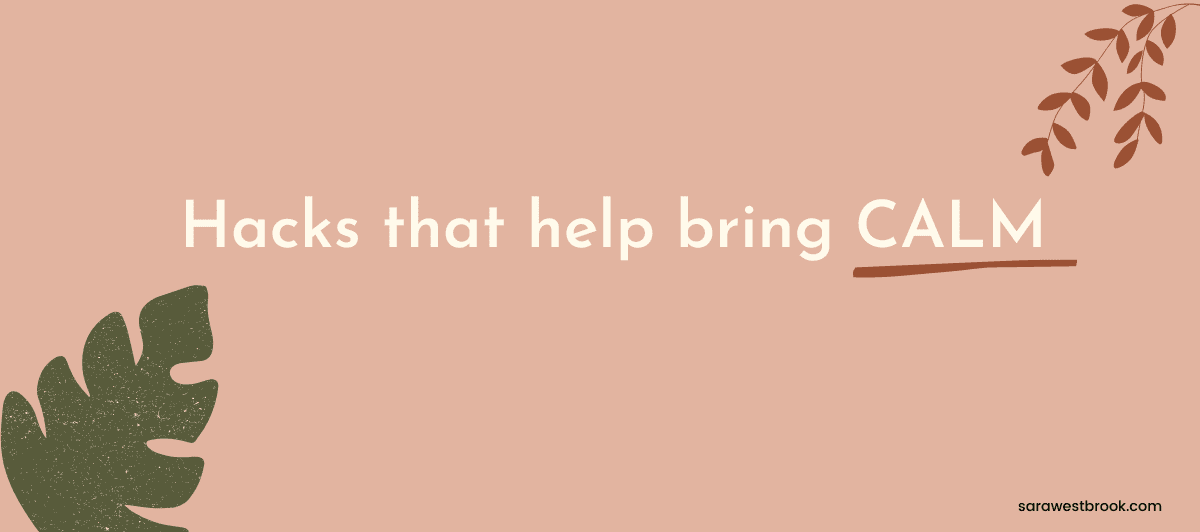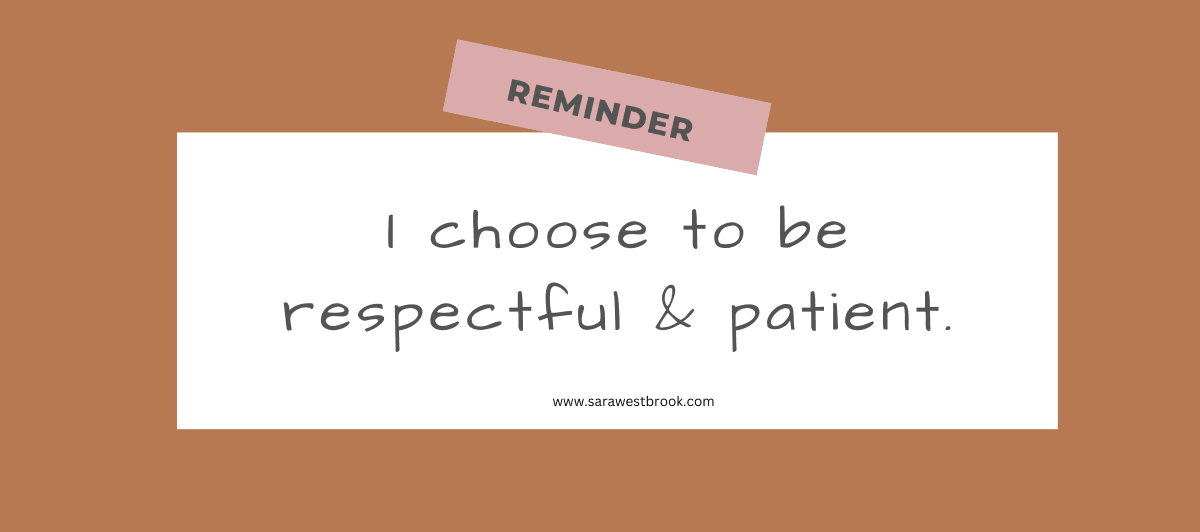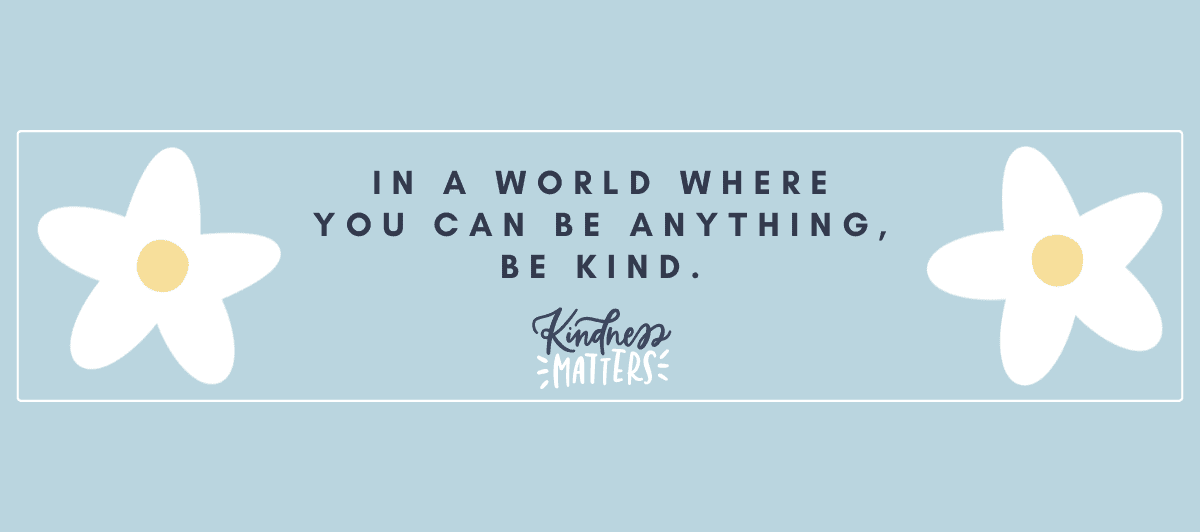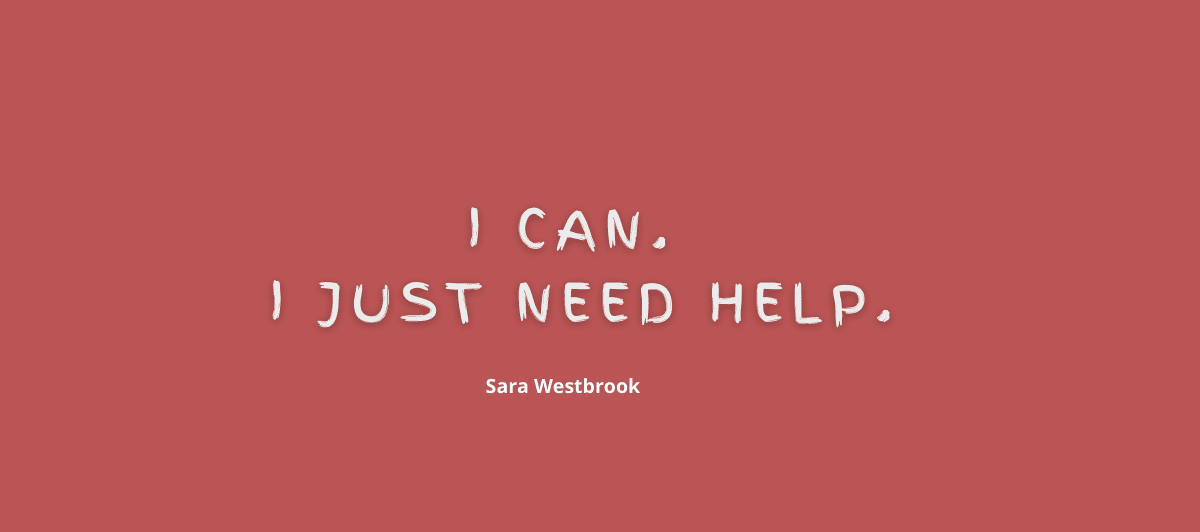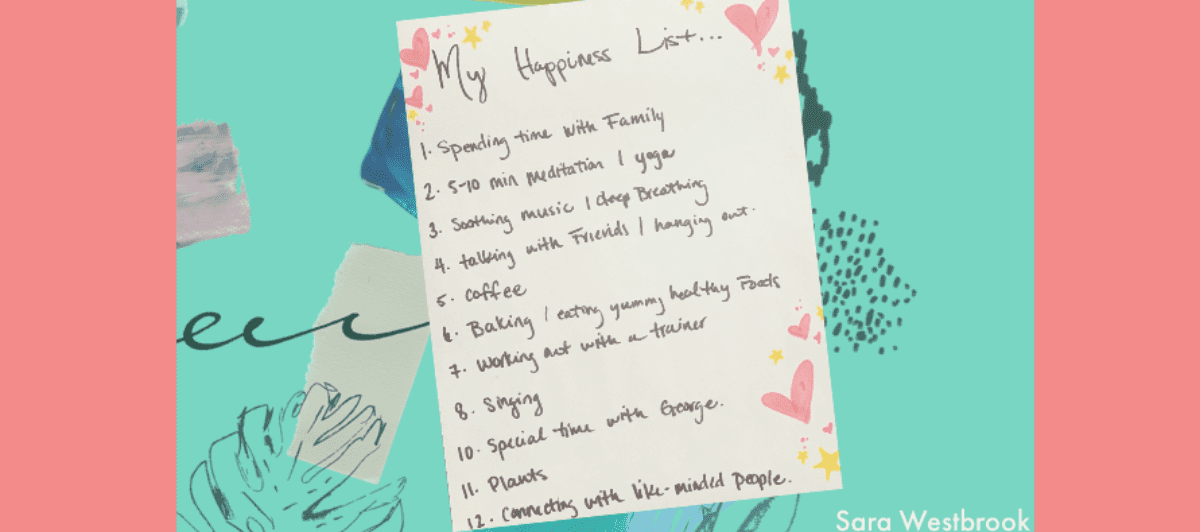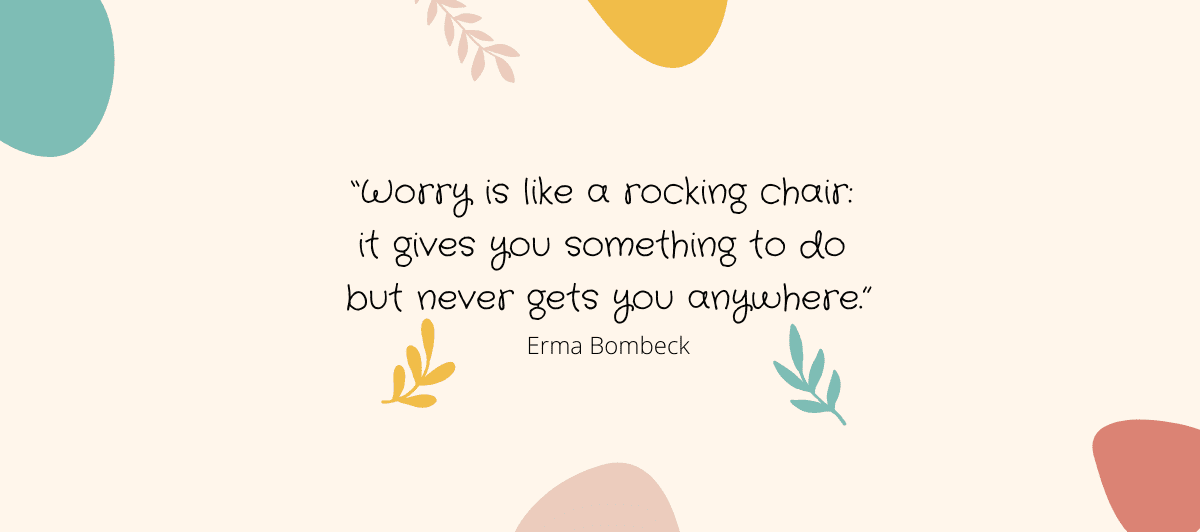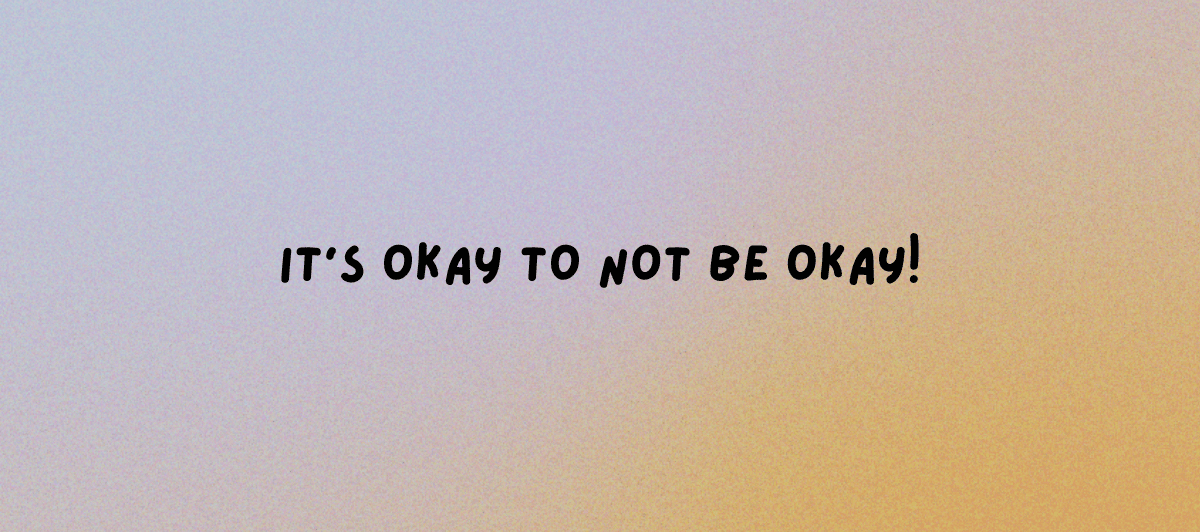
Prioritize Yourself, Set Healthy Boundaries
Do you find it challenging to prioritize yourself? Me too. I’ve been improving because I’ve learned that setting healthy boundaries, even though sometimes stressful, is crucial for my well-being.
It’s perfectly okay to say ‘no,’ even when saying ‘yes’ is an option. At times, choosing to say ‘no’ is one of the most effective ways to prioritize yourself.
By finding ways to continually set healthy boundaries, you safeguard your time, energy and emotional well-being.
Tips to prioritize yourself and maintain healthy boundaries.
- Pause Before Responding: Before saying ‘yes’ out of habit, take a moment to reflect. Is this something you want or need to do? Give yourself permission to say ‘no’ when it doesn’t serve you.
- Communicate Clearly and Calmly: Let people know what you can or cannot do without over-explaining or apologizing. A simple, “I can’t do that right now, but thank you for understanding” can go a long way.
- Consistency: People may push back, especially if they’re used to you saying ‘yes.’ Stay firm and remember why you set the boundary in the first place.
- Remind yourself: ‘Their disappointment is not my guilt.’ It’s okay to uphold a boundary, even if others feel disappointed. People are more resilient in handling disappointment than we often assume.
This is what I know: When you honour your boundaries, you’re prioritizing yourself and protecting your well-being, and in turn, fostering healthier, more respectful relationships. People may not always like it, but they will respect you for it in the long run.


